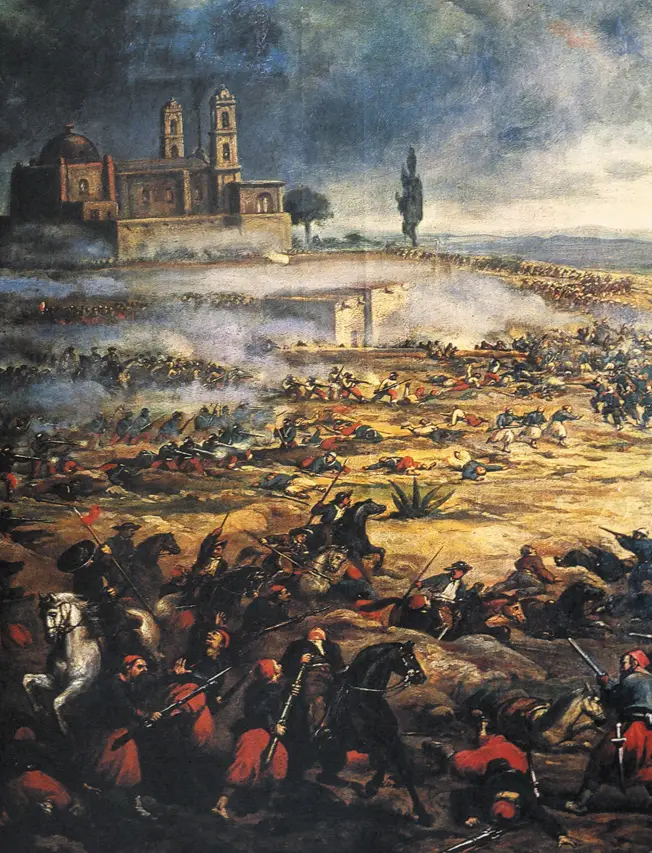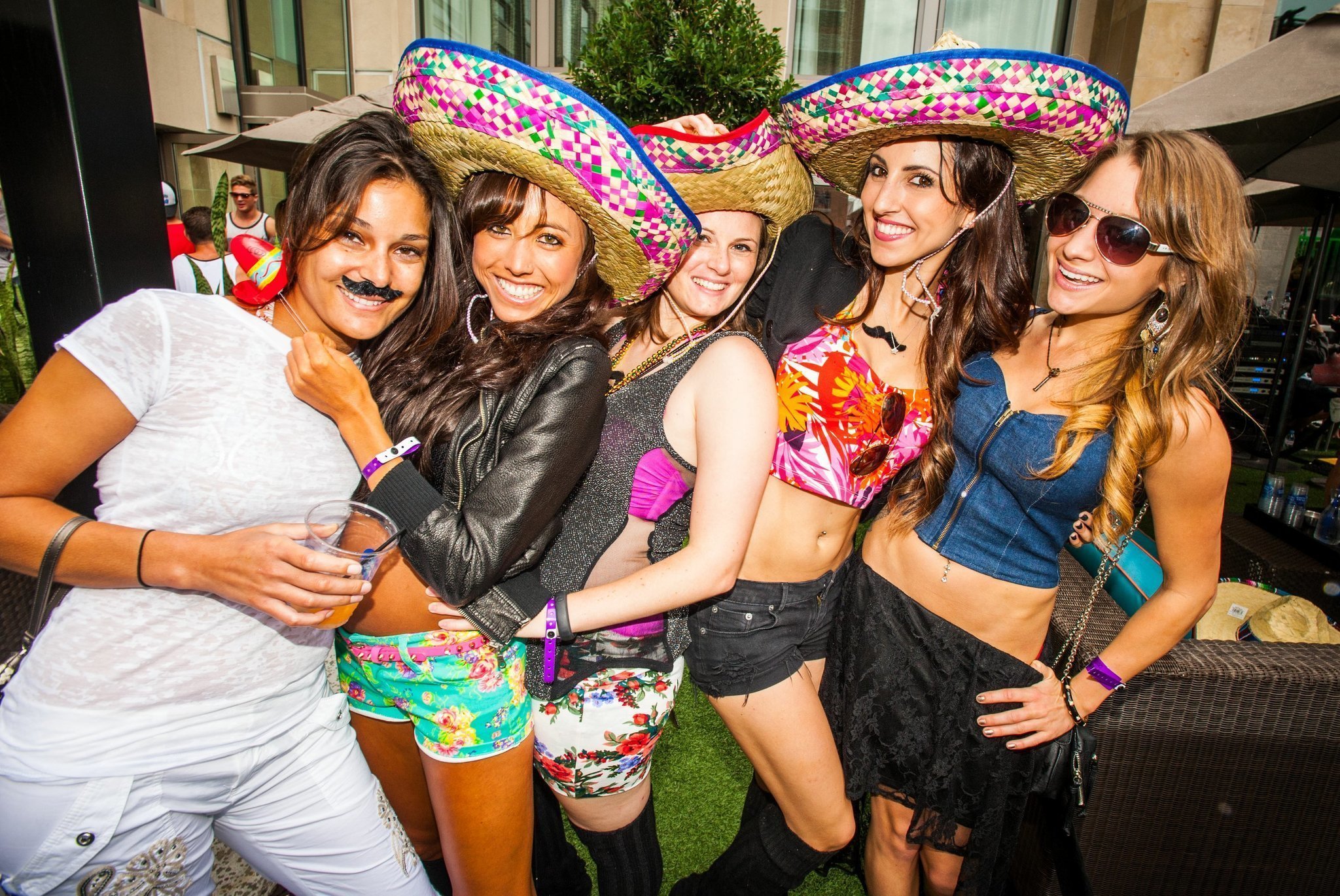Fort Hood, Texas, the largest military base in the nation, is the place I grew up. Besides my endless rants regarding the artillery practices that rattled my home, I’ve grown to become more thankful for the way this place has shaped and carved my path as an individual.
When you grow up in a military community, there’s an indescribable communal bond and strong sense of comradery that allows one to better understand cultural differences. The community I lived in was similar to that of a melting pot, a variety of cultures merged together despite all of their differences in ideas, values and traditions.
Needless to say, I was immersed in an environment where diversity was prominent and a majority race was nonexistent. This demographic permitted me to understand the very concept of cultural appropriation without actually coining a term for it.
Cultural appropriation is a concept in sociology dealing with the adoption of the elements of a minority culture by members of the dominant culture. In other words, it is borrowing concepts of a minority culture for its given aesthetic, without understanding its significance.
Recently, a group came and presented to an organization I’m acquainted with about the basics of cultural appropriation. Many members of the organization weren’t aware that the very things presented were cases in which culture was being appropriated.
Being unaware of the concept of cultural appropriation is nothing to be ashamed of. What’s important, is that those committing the acts of appropriation become educated and informed on the very offensive acts they are taking part in.
With Cinco de Mayo right around the corner, it’s important to remember to avoid parodying a culture. While you’re throwing back tequila shots and partaking in a fiesta mid-finals week, be sure to avoid taking part in cultural appropriation.
Below are a few tips to take into consideration for May 5.
Don’t wear a stick-on mustache
Wearing a stick-on mustache or sporting a sombrero on Cinco de Mayo is one of the most mainstream style choices I’ve witnessed. These accessories are extremely offensive and ultimately promote one of the worst stereotypes towards Mexican culture.
Even reputable websites, such as Amazon, that many use routinely, are contributing to these insolent acts. They proudly advertise and sell “Adhesive Mexican Mustaches” in a 36-pack. The title itself promotes this stereotype toward Mexicans that many are aiming to debunk. There is no need to slap on an exaggerated mustache or sombrero to celebrate this holiday.
What are you actually celebrating?

After two margaritas in, you may have an epiphany and realize you aren’t actually sure what you’re celebrating. Becoming proficient in your historical knowledge and background of the holiday will allow you to avoid taking part in appropriation.
Contrary to popular belief, Cinco de Mayo is not Mexican Independence Day; that’s not until September. Cinco de Mayo celebrates the victory of the Mexican Army, who were deemed underdogs, against French forces in the battle of Puebla on May 5, 1862. The battle occurred as a result of the war debts Mexico faced against European countries.
As a result, France invaded Mexico in attempt to collect those debts. Cinco de Mayo serves to remind many that at one point in time, when odds were turned against them, Mexicans came together and were victorious. These events generated a strong sense of patriotism within their culture.
Don’t carry around maracas
You may want to think twice about carrying maracas around on Cinco de Mayo. Maracas, in fact, don’t derive from Mexican culture but instead, originate from Africa. Maracas are actually used in various parts of the world to create a harmonious sound, through the use of a patterned rhythm, within a song.
Do enjoy other musical performances, but I would suggest refraining from making music of your own. And if you’re unsure that if what you’re doing is offensive, ask someone. As an individual, strive to break the mold of this music stereotype that’s conclusive to Cinco de Mayo.
Don’t post on social media
If you feel so inclined to dress up on Cinco de Mayo, at least don’t post about it on social media. It’s important to keep in mind how public the Internet is, because anyone can see potentially offensive content. This is especially vital to keep in mind when thinking of future employers who will likely review your social media accounts.
For example, on May 29, Starbucks is closing its doors to conduct racial-bias training for all employees. Starbucks employers more than likely wouldn’t hire someone who has offensive content on their feed, such as mocking one’s culture.
We’ve all heard the phrase, “a picture is worth a thousand words.” A picture you posted can leave people inferring numerous things about your character. Although you likely wouldn’t post a photo to be malicious, you don’t want to leave anyone thinking of you with a different perception.
Cinco de Mayo is one of the most common holidays where cultural appropriation takes place. Although, these acts are year-round and take part during many other national holidays. Cultural appropriation is recurrent during Saint Patrick’s Day and of course, Halloween.
Something American’s love to do is celebrate, what’s critical is that those who celebrate do so responsibly and in a well-informed fashion. I’d hope that no individual would intentionally choose to appropriate one’s culture on any given day. As a nation, it is crucial to strive towards solidarity, avoiding oppression at all costs.
With these things taken in consideration, enjoy Cinco de Mayo and support your local businesses, unwind, and enjoy delicious Mexican food and margaritas!

















